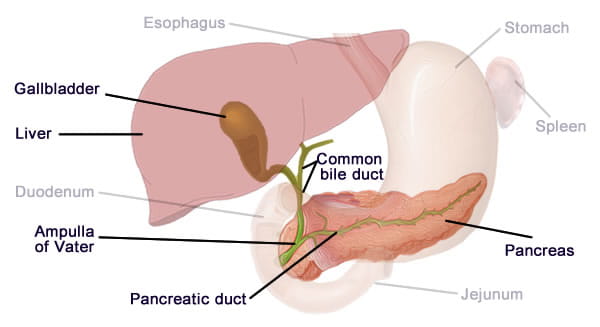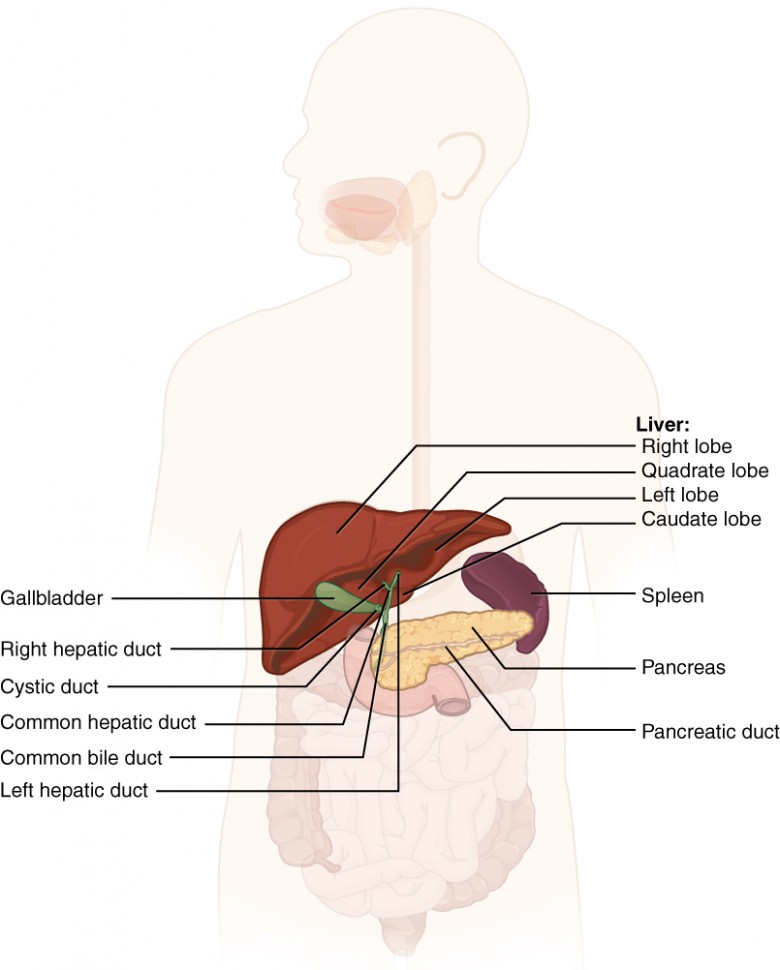Prologue: Micro = Macro in Nature’s Intelligence
“Just as rivers nourish forests, and roots sustain trees — within our human body, four silent organs perform the hidden work of biological balance, detox, and regeneration. They are the Gallbladder, Liver, Pancreas, and Spleen — small in size, but immense in sustaining life — both within us and metaphorically across Earth’s ecosystems.”
- Gallbladder — The Timing Valve of Biological Flow
Function: Stores and releases bile produced by the liver to digest fats efficiently.
Micro Contribution:
Precision control of fat emulsification.
Supports cholesterol balance.
Enhances vitamin absorption (A, D, E, K).
Macro Reflection:
Mirrors Earth’s tidal systems — timing and flow regulation for harmony.
Represents how stored potential (like water reservoirs) supports bursts of action when needed without waste.
- Liver — The Master Filter & Regenerator
Function: Detoxifies blood, processes nutrients, produces bile, regulates metabolism.

Micro Contribution:
Converts toxins into harmless substances.
Regulates sugar and fat levels.
Synthesizes essential proteins for immunity and healing.
Macro Reflection:
Mimics Earth’s wetlands and forests — filtering, recycling, regenerating.
Like forest ecosystems, it absorbs excess, breaks down waste, and regenerates resources critical to life.
- Pancreas — The Metabolic Synchronizer
Function: Produces insulin and digestive enzymes to control blood sugar and nutrient breakdown.
Micro Contribution:
Keeps energy flow stable (Glucose ↔ Insulin balance).
Secretes enzymes for breaking down carbs, proteins, and fats.

Macro Reflection:
Symbolic of Earth’s energy distribution systems — regulating balance between surplus and scarcity.
Echoes sustainable agriculture: efficient nutrient breakdown = efficient food cycles.
- Spleen — The Immunity Guardian & Blood Recycler
Function: Filters blood, stores white blood cells, removes old red blood cells.
Micro Contribution:
Keeps blood clean and immune system responsive.
Stores emergency white blood cells for rapid defense.
Maintains blood quality and renewal.
Macro Reflection:
Acts like Earth’s recycling centers or coral reefs — defense, filtration, storage of biodiversity.
Prevents stagnation — promoting resilience and renewal in life systems.
The Unified Micro-System → Earth’s Macro Sustainability Blueprint
Organ Human Role Earth’s Mirror System Core Value
Gallbladder Timing & Flow Regulation Tides / Reservoirs Precision & Efficiency
Liver Detox & Regeneration Wetlands / Forests Purification & Renewal
Pancreas Energy & Nutrient Balance Sustainable Agriculture Harmony in Distribution
Spleen Immunity & Recycling Coral Reefs / Recycling Resilience & Clean Cycles
Final Reflection:
“The sustainability of Earth begins within us. When our gallbladder flows well, our liver detoxes, our pancreas balances energy, and our spleen cleanses — our bodies become a living model of Earth’s sustainable systems.”
When humans care for these internal micro-organs, their lifestyle choices naturally ripple outward — fostering:
Cleaner energy usage
Conscious resource recycling
Holistic harmony with nature
“To sustain Earth’s environment, start by sustaining your internal environment. The smallest organs hold the largest wisdom for life’s balance.”
